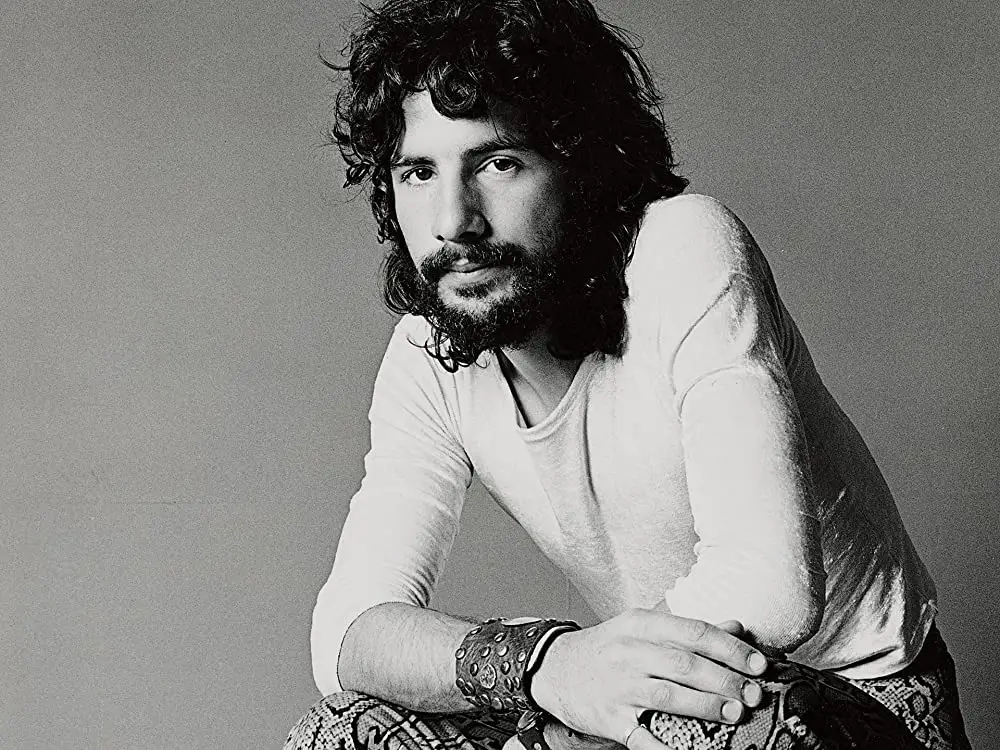Cat Stevens Songs Ranked
Yusuf Islam (born Steven Demetre Georgiou; 21 July 1948), commonly known by his stage name Cat Stevens, and later Yusuf, is a British-Cypriot singer-songwriter and multi-instrumentalist. His musical style consists of folk, pop, rock, and, in his later career, Islamic music. He was inducted into the Rock and Roll Hall of Fame in 2014.
His 1967 debut album reached the top 10 in the UK, and its title song “Matthew and Son” reached number 2 on the UK Singles Chart. Stevens’ albums Tea for the Tillerman (1970) and Teaser and the Firecat (1971) were certified triple platinum in the US by the RIAA. His 1972 album Catch Bull at Four spent three weeks at number one on the Billboard 200 and fifteen weeks at number one on the Australian ARIA Charts. He earned two ASCAP songwriting awards in 2005 and 2006 for “The First Cut Is the Deepest”, and the song has been a hit for four artists. His other hit songs include “Father and Son”, “Wild World”, “Moonshadow”, “Peace Train”, and “Morning Has Broken”. In 2007, he received the Ivor Novello Award for Outstanding Song Collection from the British Academy of Songwriters, Composers, and Authors.
In 2006, he returned to pop music – releasing his first new studio album of new pop songs in 28 years, entitled An Other Cup. With that release and subsequent ones, he dropped the surname “Islam” from the album cover art – using the stage name Yusuf as a mononym. In 2009, he released the album Roadsinger, and, in 2014, he released the album Tell ‘Em I’m Gone and began his first US tour in 1978. His second North American tour since his resurgence, featuring 12 shows in intimate venues, ran from 12 September to 7 October 2016. In 2017, he released the album The Laughing Apple. Here are all of Cat Stevens’ songs ranked.
Don’t miss out on the CLASSIC hits of Cat Stevens! Click and enjoy the songs of this very talented artist!
20. The Hurt (Foreigner, 1973)
“The sole single from “Foreigner” was a good one. A restless, tumbling melody, with electric piano and black-sounding girl backing vocalists and a typical Stevens confessional lyric making it seem like the second cut wounds pretty deeply too.”
19. Another Saturday Night (Saturnight, 1974)
“I love the original and don’t actually mind this fun, calypso-style cover by Cat Stevens. It swings pleasantly enough and makes for light beach-type entertainment but I think I’d rather have my Saturday night out in the company of Sam.”
18. Trouble (Mona Bone Jakon, 1970)
“One of Cat Stevens best songs but also probably one most unappreciated. Only someone who has been “Down” or close to death would fully relate and take it to heart.”
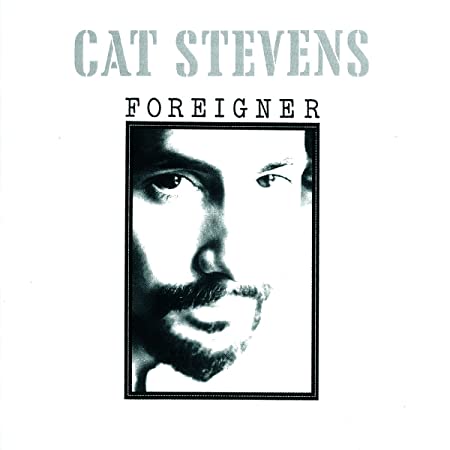
17. On the Road to Find Out (On the Road to Find Out, 2001)
“I’m a big fan of Cat Stevens but I did ‘t have this song. Cat’s songs often were about searching, and this is just one of them. I hope he found what he was looking for”
16. The First Cut is the Deepest (New Masters, 1967)
“Covered with greater success by the likes of Rod Stewart and Sheryl Crow, I still prefer the youthful Cat Stevens’ original version of his own song. The major distraction, as in so many of his Deram recordings, is his disconnect with the session musicians on the track, who almost capsize the delicate nature of the music and lyrics. Try then to listen to the song as if Stevens is singing to a bare acoustic guitar backing, like the first few bars of the song, in fact, I wish he’d re-recorded this lovely song in his early 70’s heyday when he’d found his own pared-back sound.”
15. Lady D’Arbanville (Mona Bone Jakon, 1970)
“A touching love-song to his then-girlfriend, he at once sounds real in direct contrast to the brittle pop he’d been peddling before. Beautifully textured, with subtle pauses, ethereal backing vocals, and especially the satisfying runs on the guitar, Stevens had found his true voice at last.”
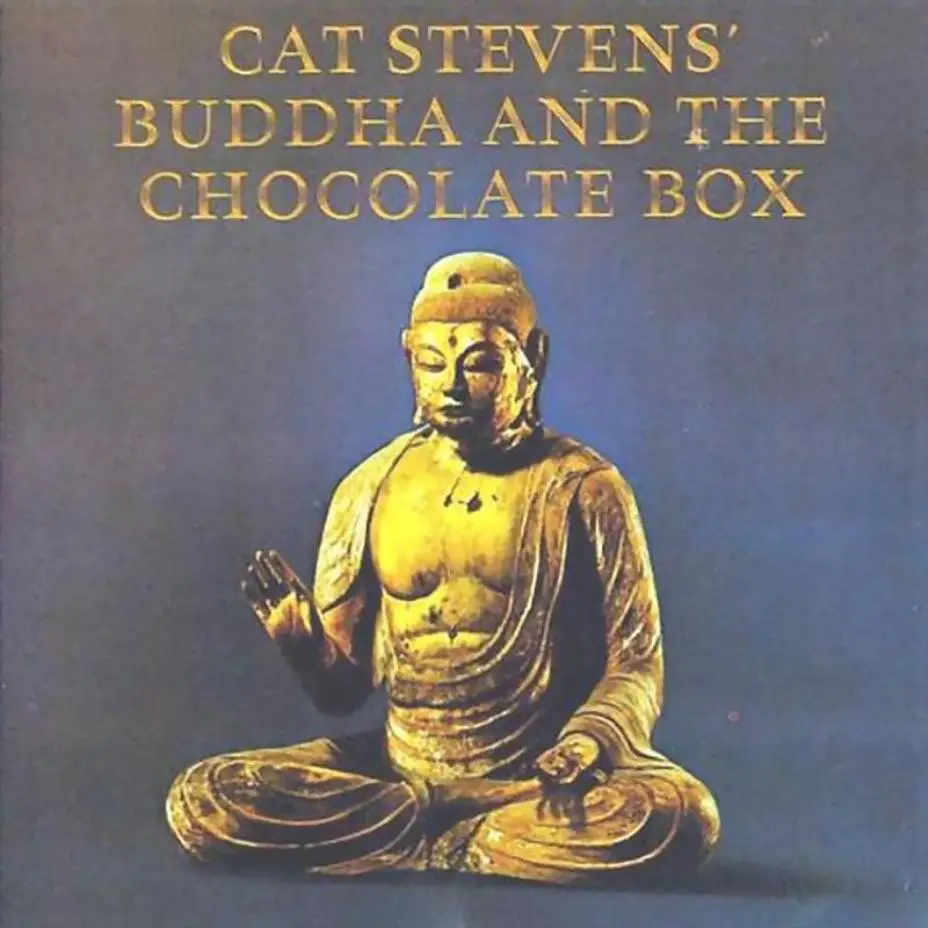
See more: Cat Stevens Albums Ranked
14. Where Do the Children Play? (Tea for the Tillerman, 1970)
“These transcendental psalms resonated straight through the last half century of post-industrial morass. Walt Whitman would have dug Cat, that quintessential American hippie folk rocker who was always inciting you to let that spirit you keep chained up in your soul run wild.”
13. If You Want to Sing Out, Sing Out (Tea for the Tillerman, 1970)
“Wonderful classic song from Cat Stevens. This song is from the movie Harold and Maude and is only available as a download or on the Cat Stevens Gold cd. Get this song today. You will be glad you did.”
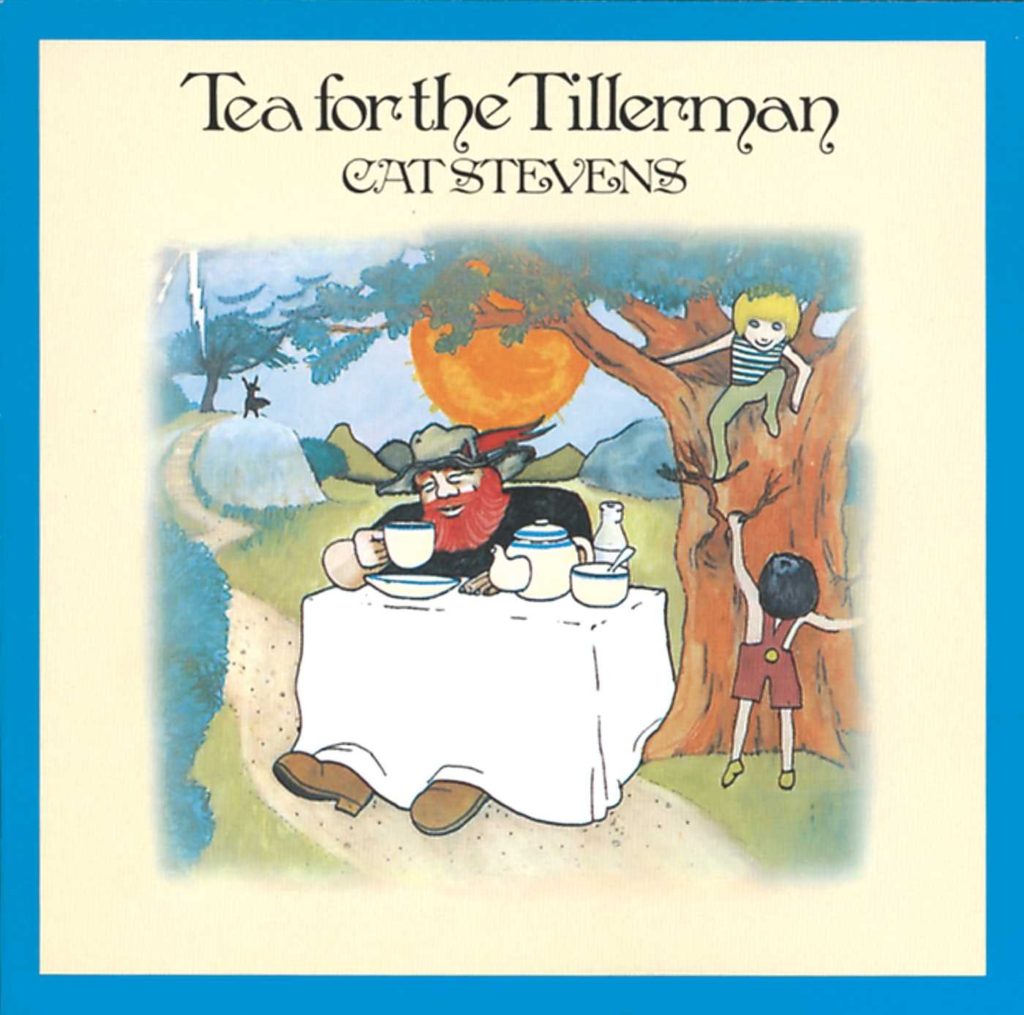
12. Lilywhite (Mona Bone Jakon, 1970)
“One of the more mysterious songs he’s written. All in all “Mona bone Jakon” was a very strange album. Took me a while to get most of the songs. But I think this is the story of someone going through life, being “saved” and never knowing his savior.”
11. Sad Lisa (Tea for the Tillerman, 1970)
“Late at night when everything is quiet seems like the perfect time to play this album. Much of the instrumentation is very simple, lots of piano and acoustic guitar. The lyrics are vitally important on music like this and heavier instruments would just distract. Take for example, ‘Sad Lisa’ which is led by piano with a few strings as accompaniment. It’s just beautiful.”
10. The Wind (Sing, 1971)
“I’ve loved this song for a long time. Rushmore is one of my favorite movies, and this song is played during one of the many emotional parts of the film. “Great song,” I say to myself. Didn’t know who it was (guess I could’ve looked that up), then it played one day on a Pandora channel I’d set up. Pandora is pretty good about stuff like that.”
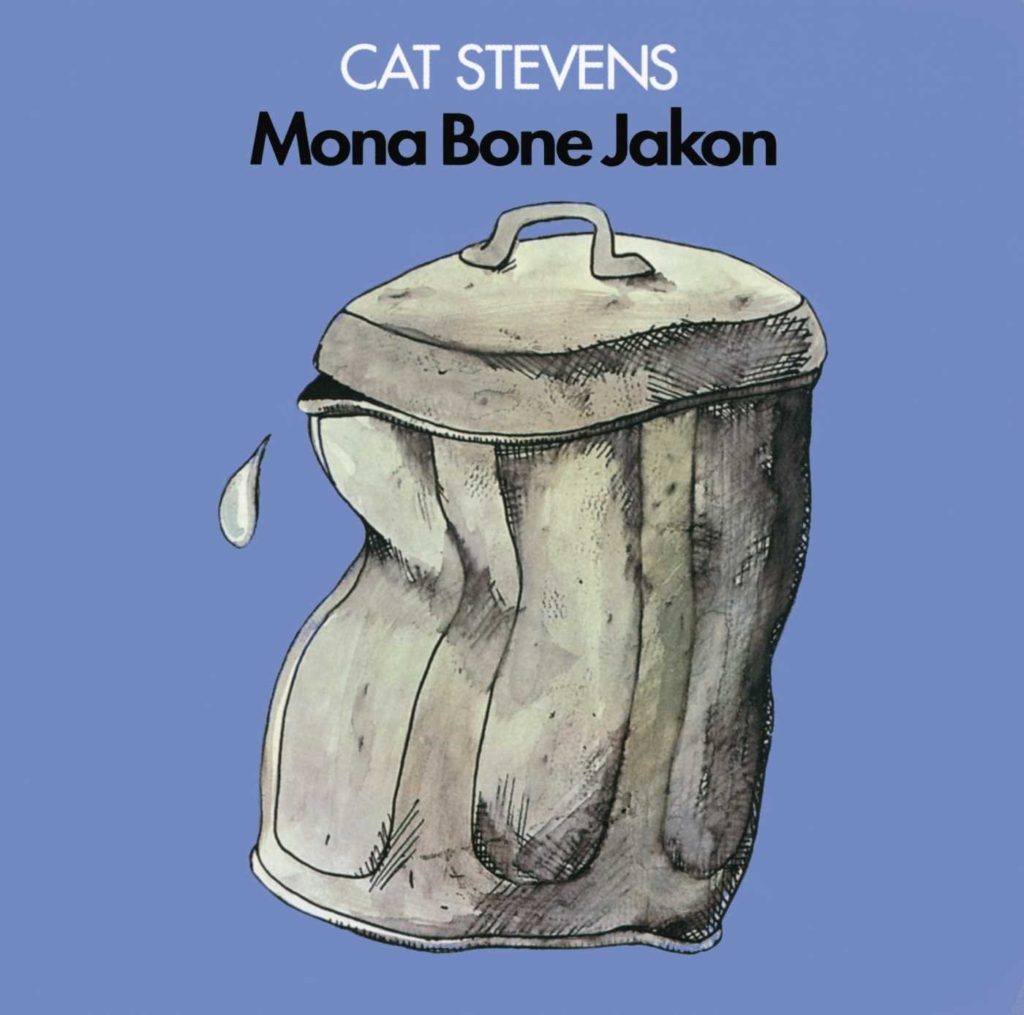
9. How Can I Tell You (Teaser and the Firecat, 1971)
“This song is an absolutely gorgeous song! Beautiful and just haunting! It was one of my favorite Cat Stevens songs, which is saying a lot, because he had so MANY great songs! This is a very lovely and special song, sung by one of the very greats!
8. Foreigner Suite (Foreigner, 1973)
“The title cut is, of course, the entire side A. The richness and texture of the arrangement, the lyrics with the purity of Cat Steven’s voice are perfect and evocative. It’s not pop, not jazz, not ballad…it stands as it’s own genre. The rest of the album is very good, too, but Foreigner Suit is a masterpiece.”
7. Moonshadow (Teaser and the Firecat, 1971)
“Very odd words, and I don’t know what the song means, but it popped into my mind out of nowhere the other morning. Cat’s voice sounds so rich and beautiful all throughout the song. Even the line about teeth falling out, north and south, is meaningful. I’ve started the expensive thing of having a couple of dental implants done. I also love the “moonshadow” word, but, again, not sure what the song means, in less it is that we are all being followed by the reality of our very short lives.”
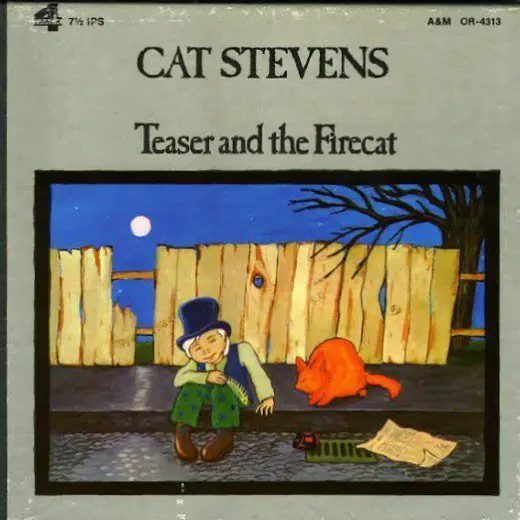
6. The Boy With the Moon and Star On His Head (Catch Bull at Four, 1972)
“Pretty?It’s more than pretty!This song is great!And it’s so unlike most of Cat Stevens’ songs that I feel there must be something behind them all, even if they do seem self explanatory. Does the moon and star refer to his later conversion to the islamic religion?Had this already been forming in his head?”
5. Peace Train (Teaser and the Firecat, 1971)
“Besides “Wild World,” this is my favorite song by Cat Stevens. The time period this song was produced in has to be one of the greatest times to be a singer-songwriter, who concentrated more on writing and performing songs on the acoustic-electric guitar than the electric guitar.”
See more: Dexys Midnight Runners Albums Ranked
4. Morning Has Broken (Teaser and the Firecat, 1971)
“Morning Has Broken” is just about as pretty as a song can get. I’m glad I learned today that Rick Wakeman played and arranged the piano. Even though they technically didn’t write it, Cat and Rick deserve huge props for this arrangement and performance.”
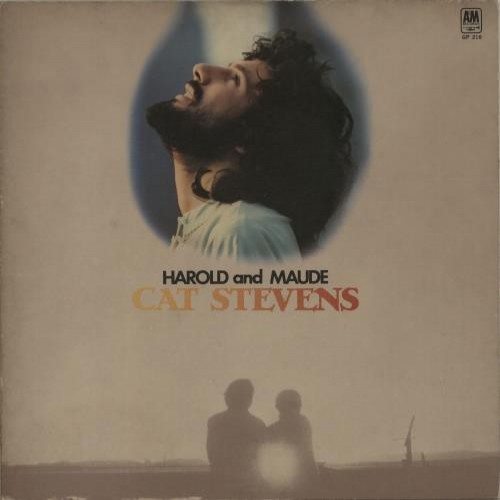
3. Oh Very Young (Buddha and the Chocolate Box, 1974)
“Another minor gem from Stevens, “Oh Very Young” has a lovely, haunting production and a lyric something along the lines of counselling youth to avoid the past failures of their elders, with of course an ambiguity in the words taking it from the domestic to the universal. Not quite getting the faded blue jeans metaphor though, personally speaking.”
2. Wild World (Tea for the Tillerman, 1970)
“Cat Stevens always praised up Jimmy Cliff’s emotionally-charged cover version of his hit song “Wild World” and rightly so, but that’s not to gainsay his own more intimate but no less affecting original version. Jimmy sounds as if he’s offering succour with a cast of thousands in reserve, Stevens however as if he’s just over your shoulder, on his own.”
1. Father and Son (Tea for the Tillerman, 1970)
“The lyrics sum up perfectly the highs and lows of a classic father and son relationship.
The vocals are done in a perfectionist fashion and the melody is gorgeous, to say the least. The lyrics take on a different meaning when the listener grows from a boy into a man.

